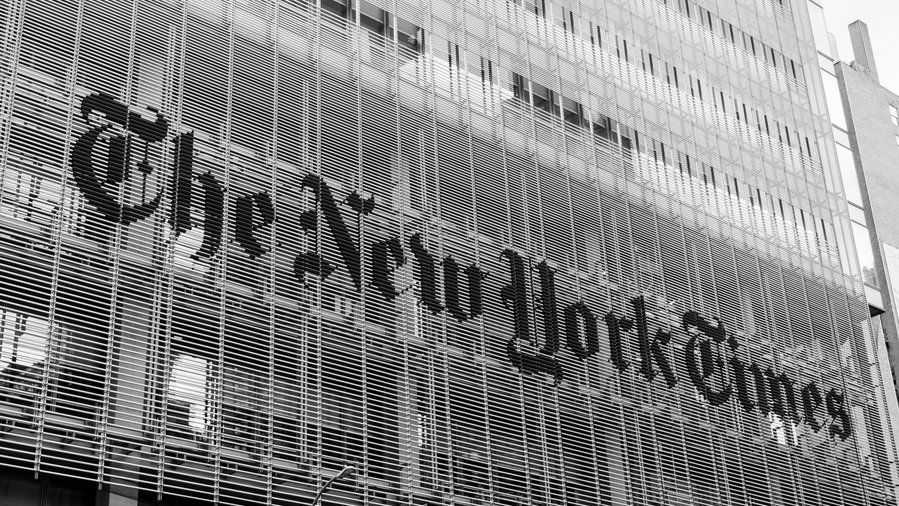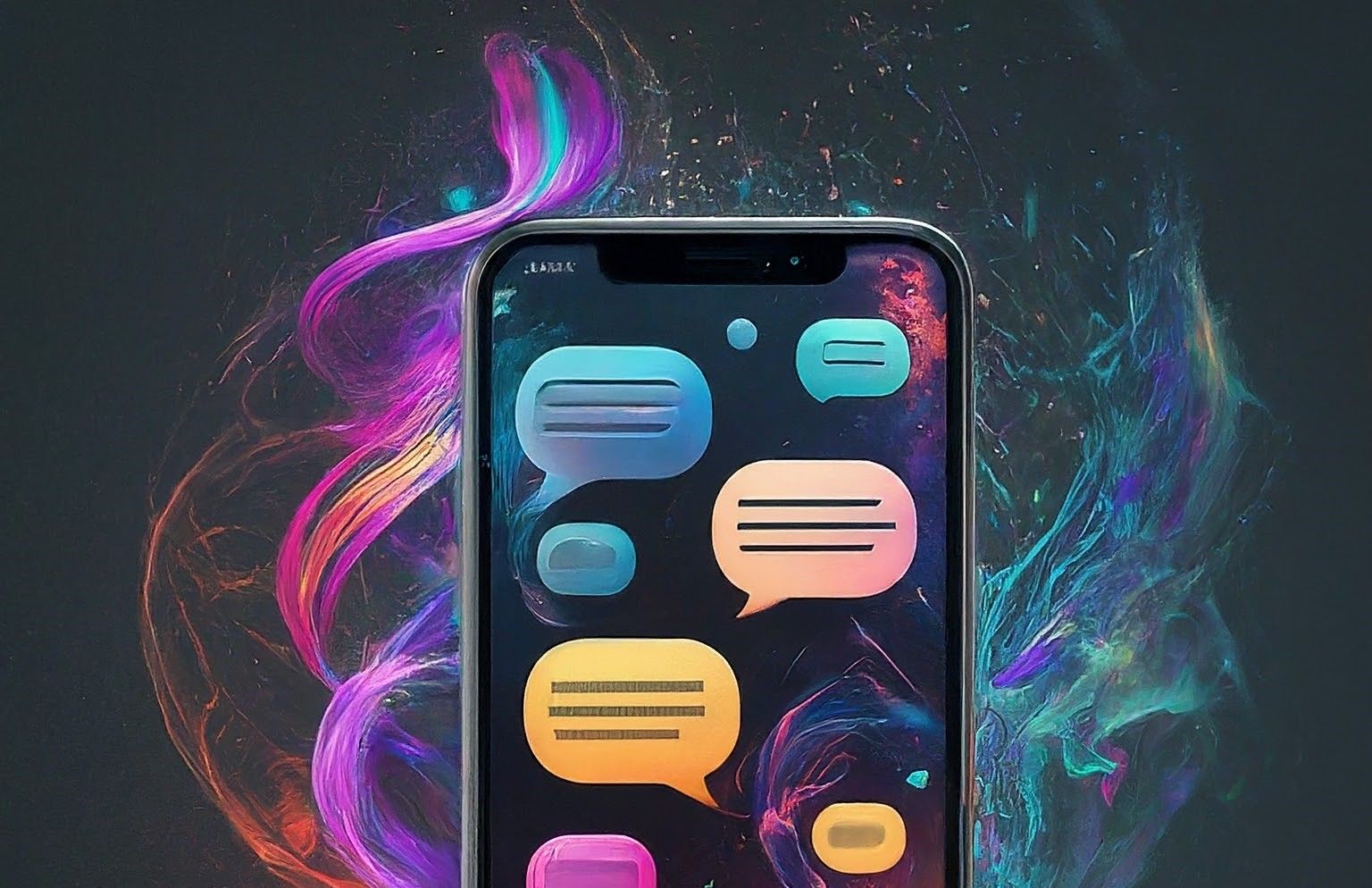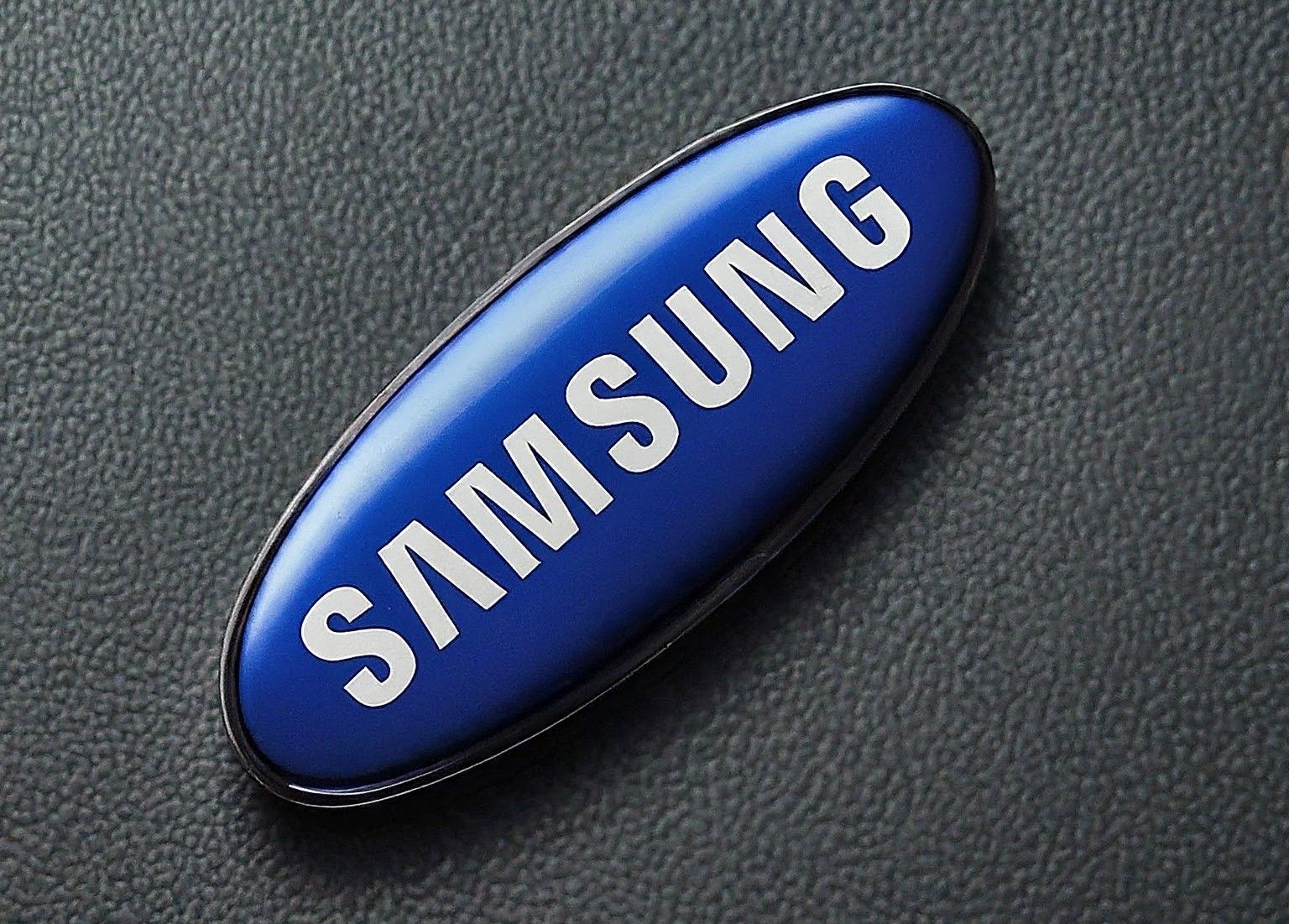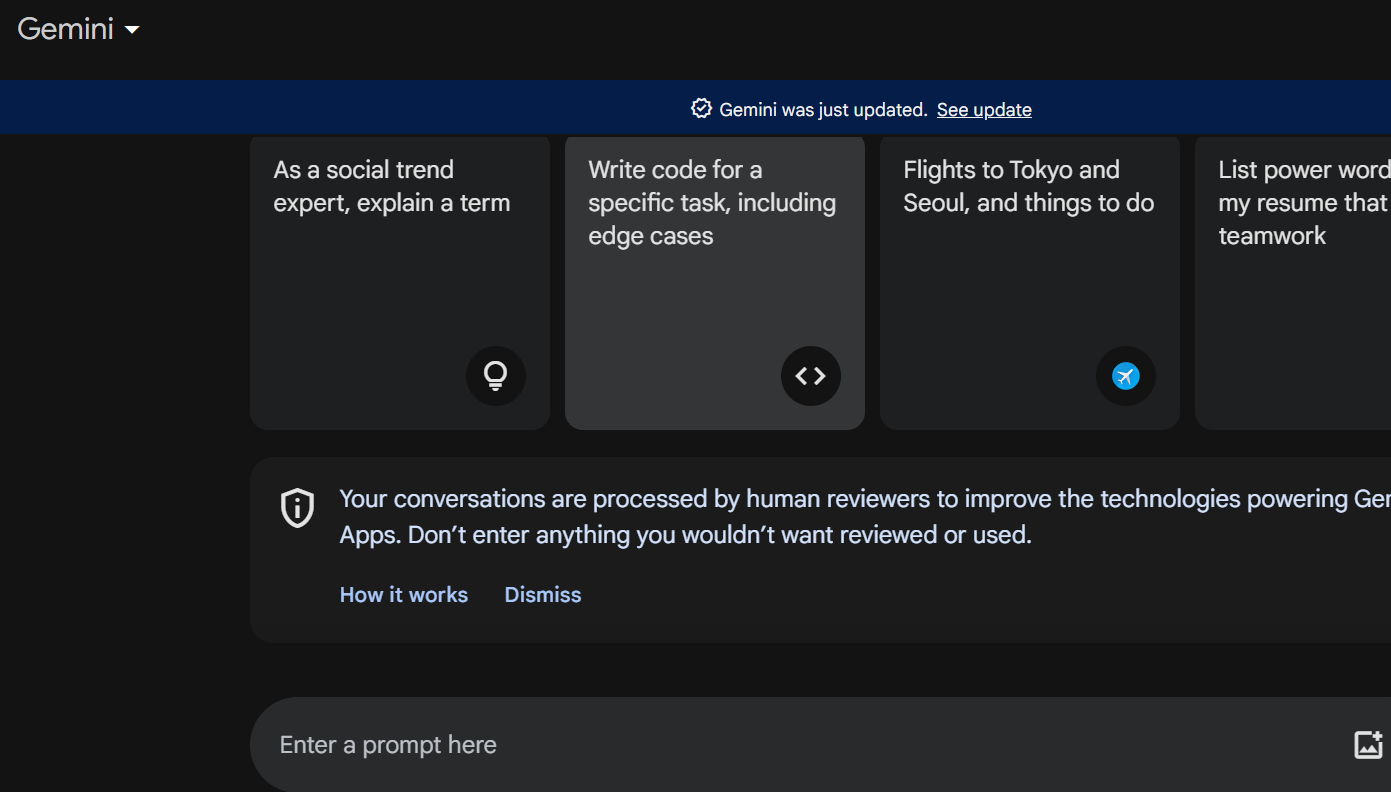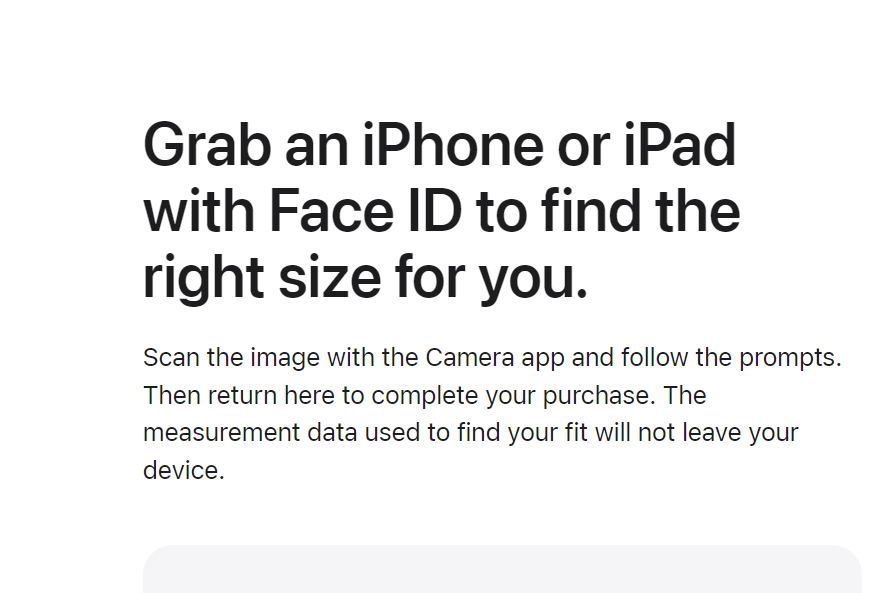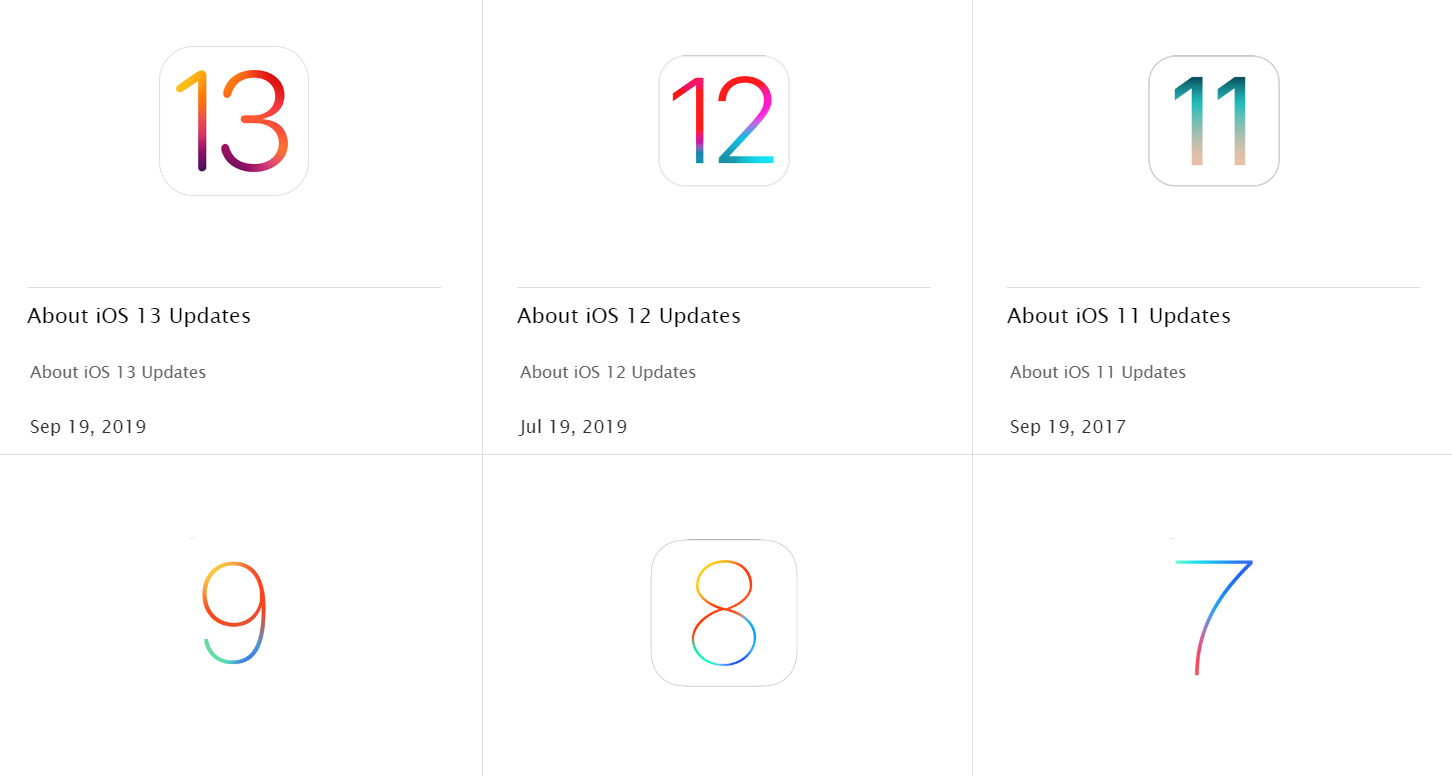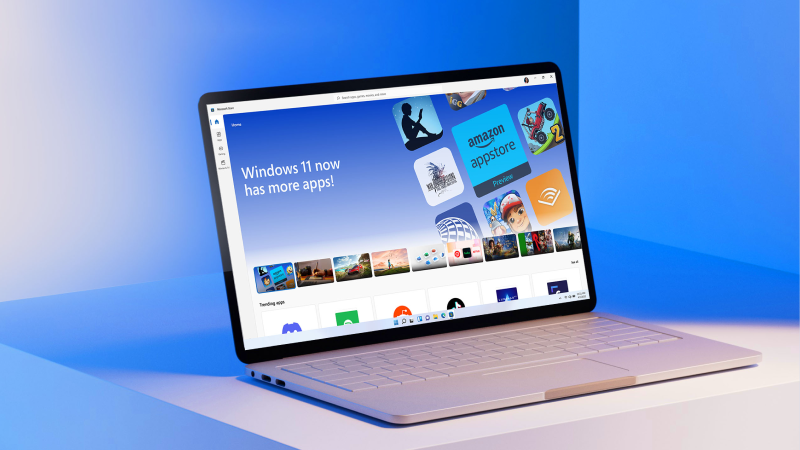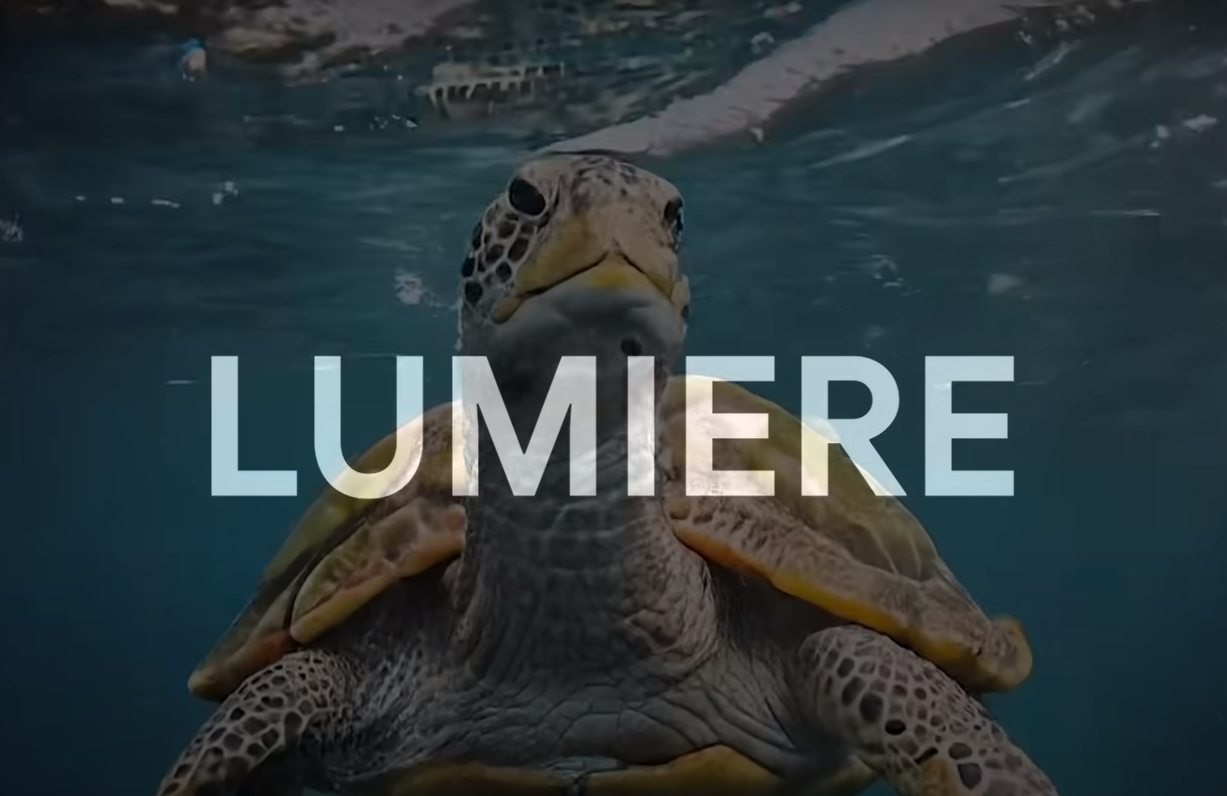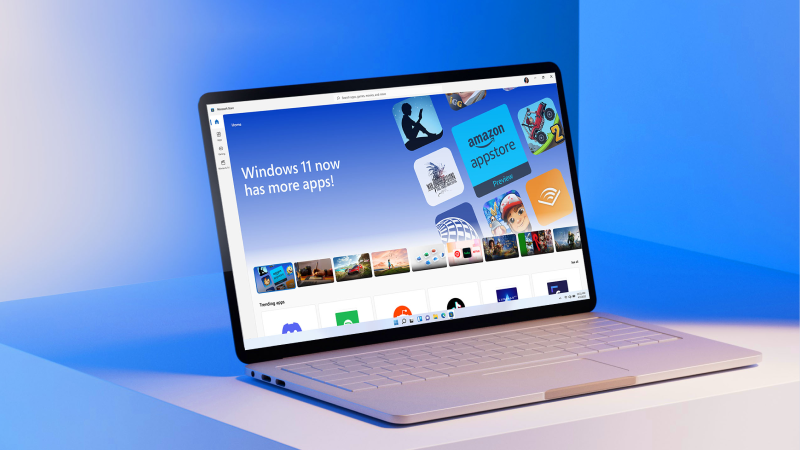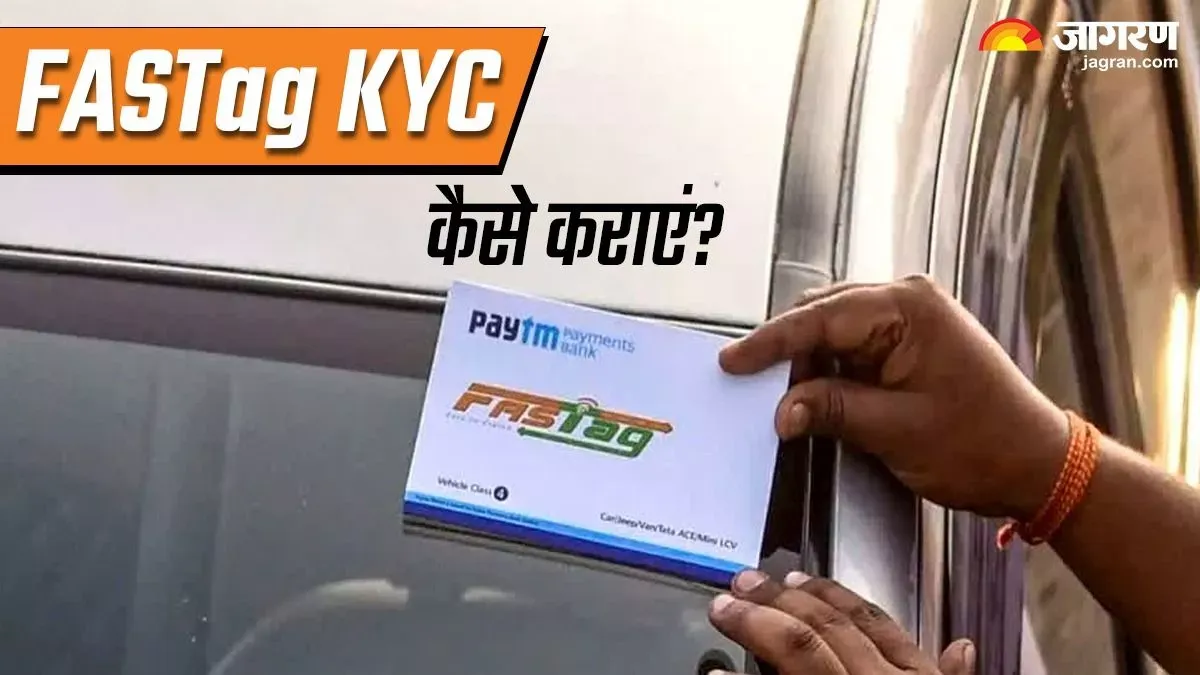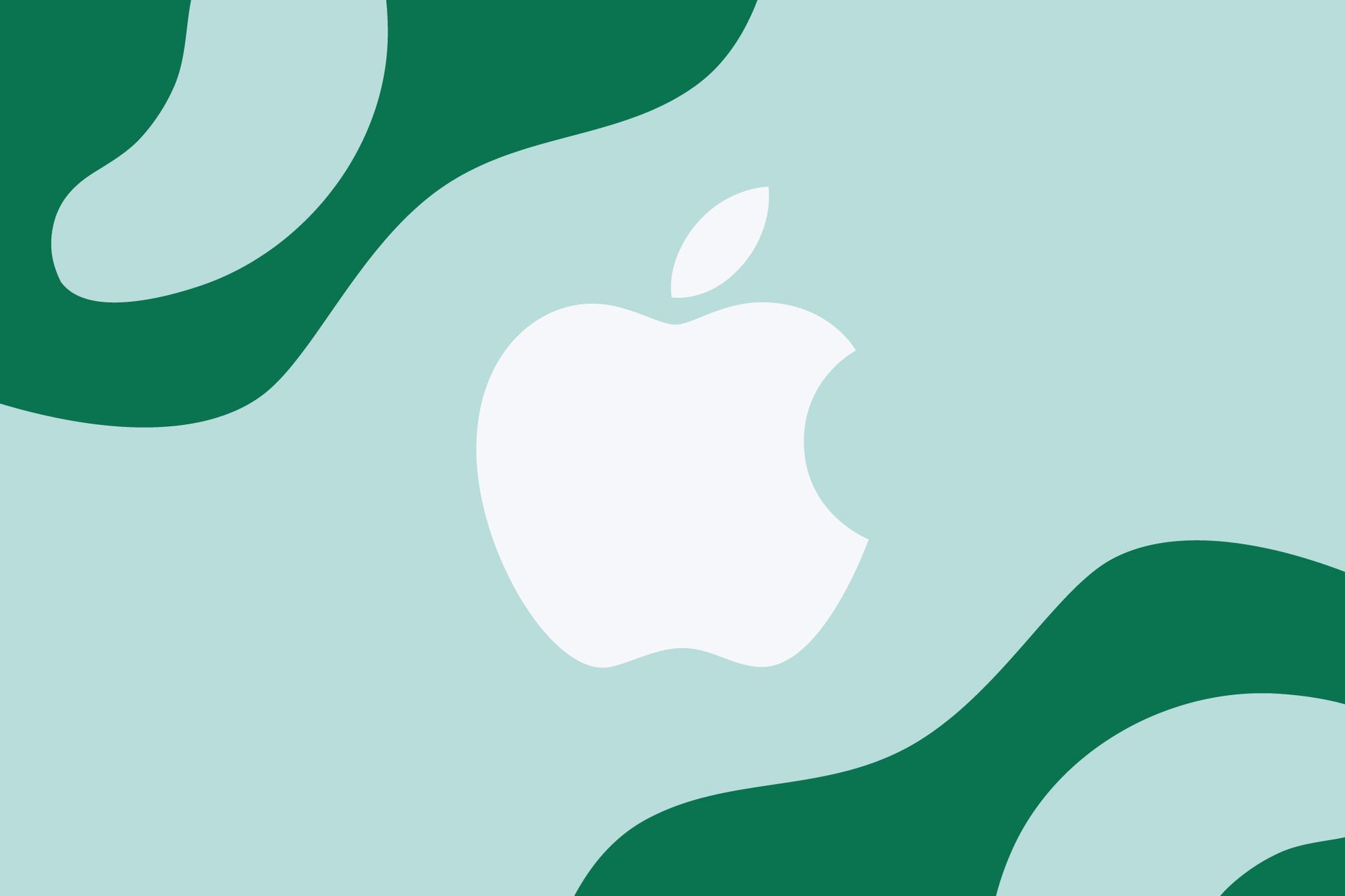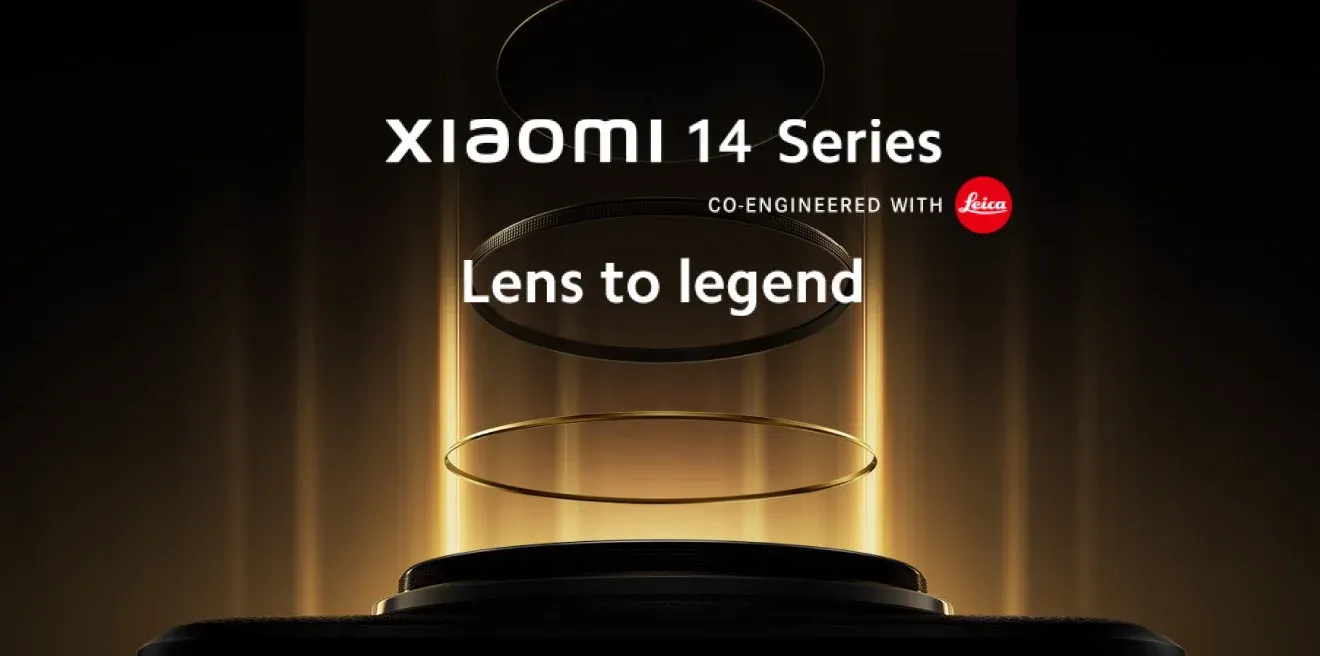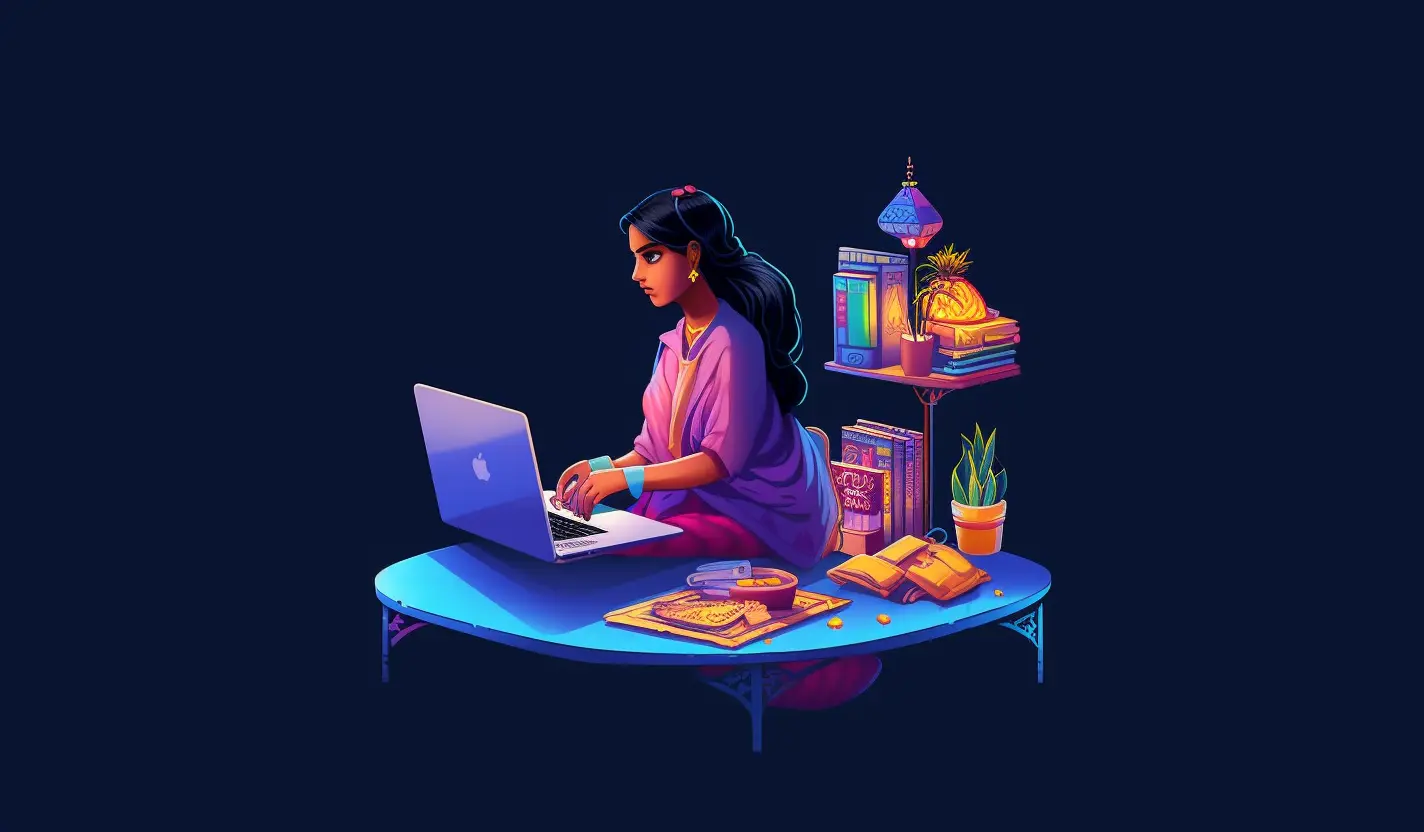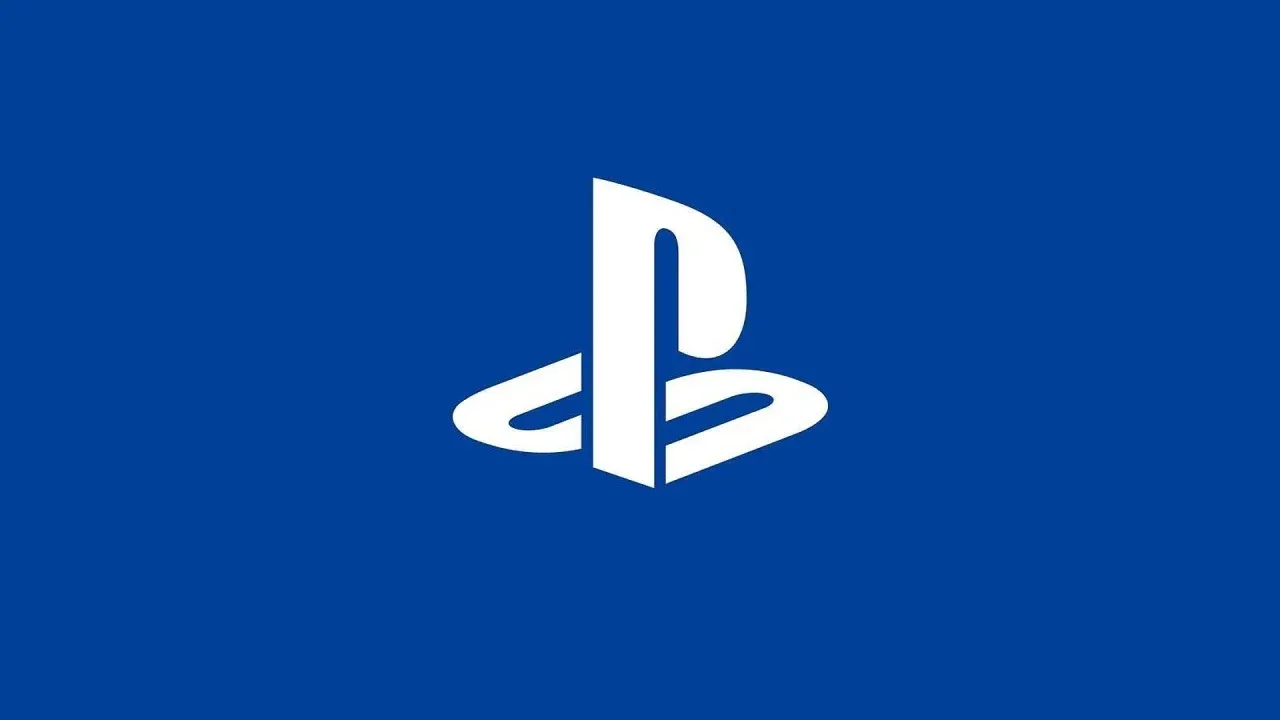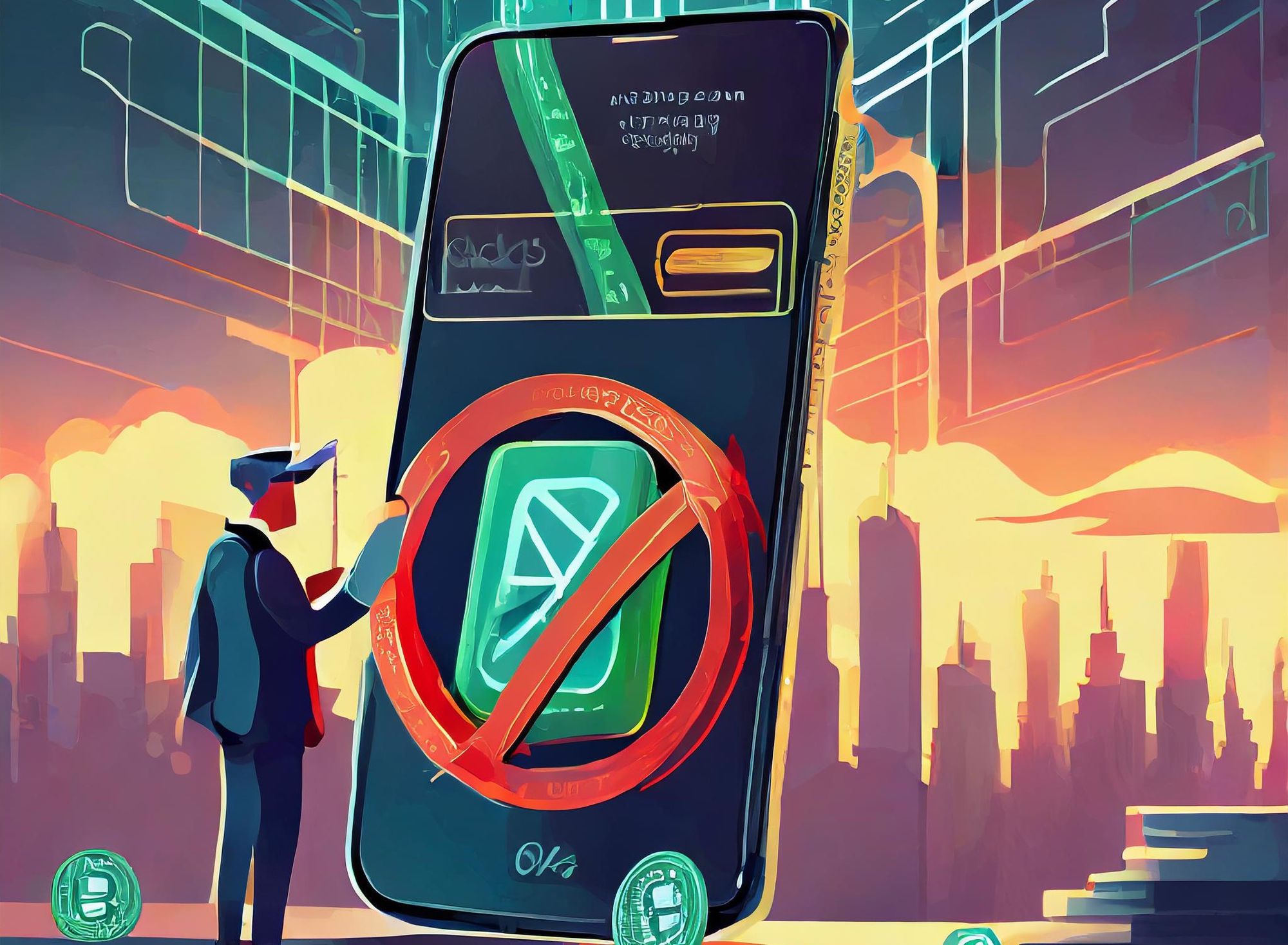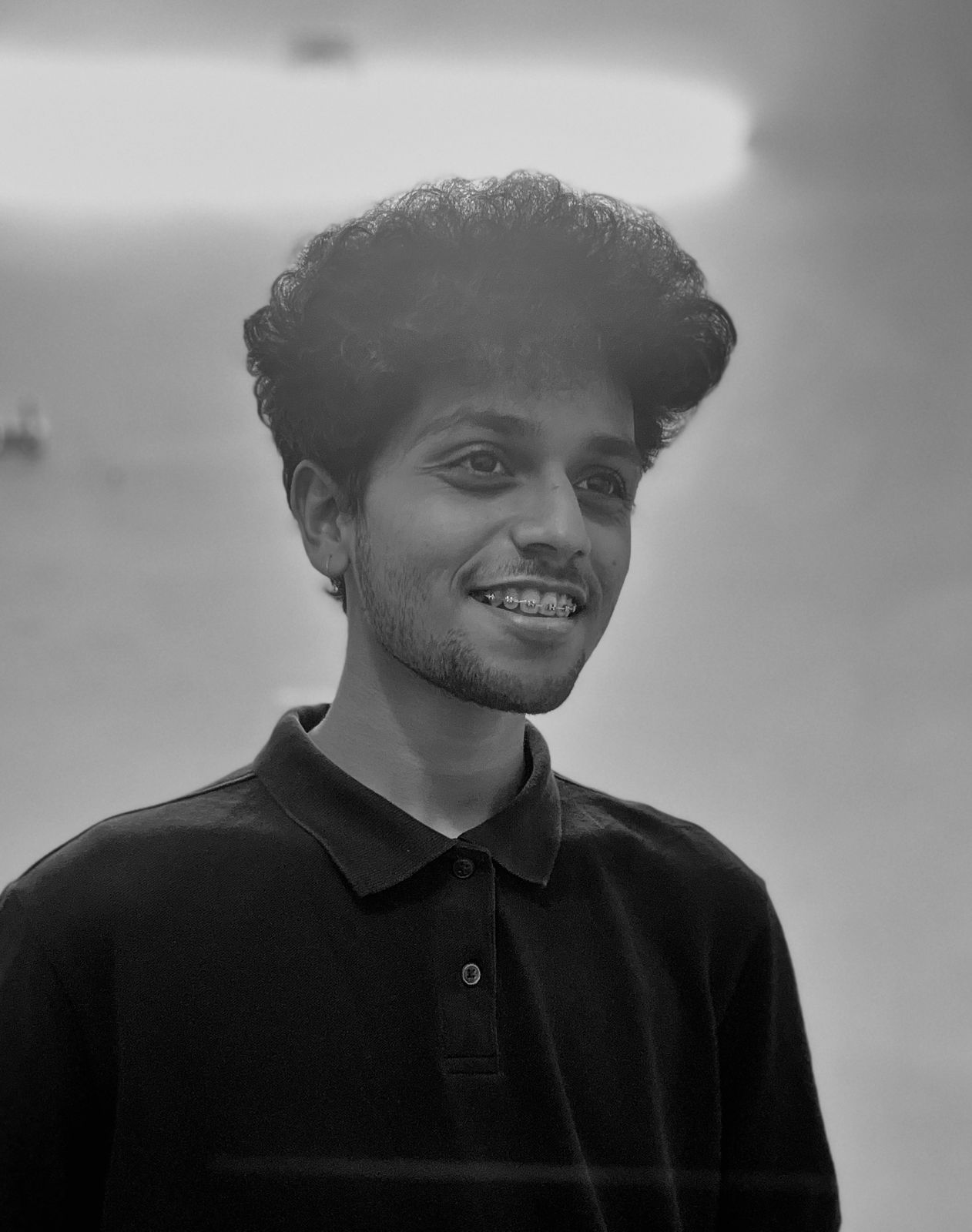Table of contents
The New York Times (NYT) has taken a dramatic move by bringing a lawsuit against tech giant Microsoft and now famous OpenAI, alleging copyright infringement in the use of NYT-published news articles to train its artificial intelligence (AI) chatbots.
This legal action, filed in a Federal District Court in Manhattan, is historic, as it is the first time a major news outlet has pursued developers over copyright concerns connected to AI development and advancements.
Source: 1
Another AI Copyright Infringement Case
According to the lawsuit, OpenAI and Microsoft, the makers of ChatGPT and Copilot, respectively, used NYT's enormous journalistic information without signing into licensing agreements, thereby taking advantage of the newspaper's significant investment in journalism.
The New York Times highlights that its domain, www.nytimes.com, was the most frequently used private source in training OpenAI's GPT-3 model. Over 66 million records, spanning breaking news pieces to op-eds, were allegedly used to train AI models from NYT websites and linked companies.
The complaint claims that the NYT was harmed financially by the use of
"almost a century's worth of copyrighted content."
Furthermore, it alleges that OpenAI and Microsoft's AI tools may generate output that closely resembles, summarises, and copies the emotive style of NYT content, echoing accusations from comedians and authors who believe their works have been exploited.
OpenAI responded, expressing surprise and displeasure but stressing continued
"productive conversations"
with the NYT.
They are still hoping for a
"mutually beneficial way to work together."
If the lawsuit proceeds, it may set a precedent, perhaps motivating other publishers to take legal action and raising the cost of developing AI models for commercial purposes.
Various news firms, including Gannett, News Corp, IAC, and The News/Media Alliance, have reportedly held classified conversations with OpenAI amid the developing environment of AI and media partnerships.
Source: 2
Microsoft, a key investor in OpenAI, has also taken part in the negotiations. The complexity of negotiation stems from the rapid growth of AI applications, posing delicate challenges for the future of the media sector.
OpenAI's recent collaborations with publishers such as Axel Springer and Politico, where millions are at stake, show a readiness to compensate for content access.
However, the lawsuit filed by the New York Times indicates a breakdown in discussions. While OpenAI continues to engage in worldwide talks, several media businesses, including Bloomberg and The Washington Post, have chosen not to emphasize commercial relationships with OpenAI, instead focusing on internal AI projects.
The NYT case reflects a deeper conflict between news publishers and internet titans, a relationship that has been strained since the arrival of Google and Facebook, which have upset traditional advertising revenues.
Publishers are concerned about undervaluing their content. Furthermore, there is concern that AI apps may transmit false information, compromising the credibility of media companies in an era already blighted by misinformation.
The New York Times Uniting Publishers
The New York Times' legal lawsuit joins a growing list of individuals and publishers attempting to limit AI's use of copyrighted material. Notably, Game of Thrones author George R.R. Martin and other authors earlier filed a class-action lawsuit against OpenAI, alleging copyright breaches.
Over 4,000 writers signed a letter in June accusing major AI developers, including OpenAI and Microsoft, of exploitative behaviour. As the number of litigation mounts, Microsoft and Google have offered legal protection for consumers facing copyright infringement allegations relating to AI-generated material.
Furthermore, recent EU legislation on AI regulation and President Biden's executive order on the impact of AI highlight the growing importance of legal frameworks in the AI field. The New York Times' legal action against OpenAI and Microsoft is a watershed moment in the junction of AI and media.
Source: 3
Source: 4
The Outcome?
The outcome of the litigation might affect future collaborations, influence licensing agreements, and influence the trajectory of AI research in the media business.
The growing dynamics between news publishers and AI developers highlight the importance of intelligent talks to establish a balance that benefits both parties and ensures the appropriate use of AI technology in the news ecosystem.
The New York Times sued OpenAI and Microsoft for copyright infringement, a new front in the debate over the use of published work to train AI. https://t.co/u8qZ247dCl
— The New York Times (@nytimes) December 27, 2023
